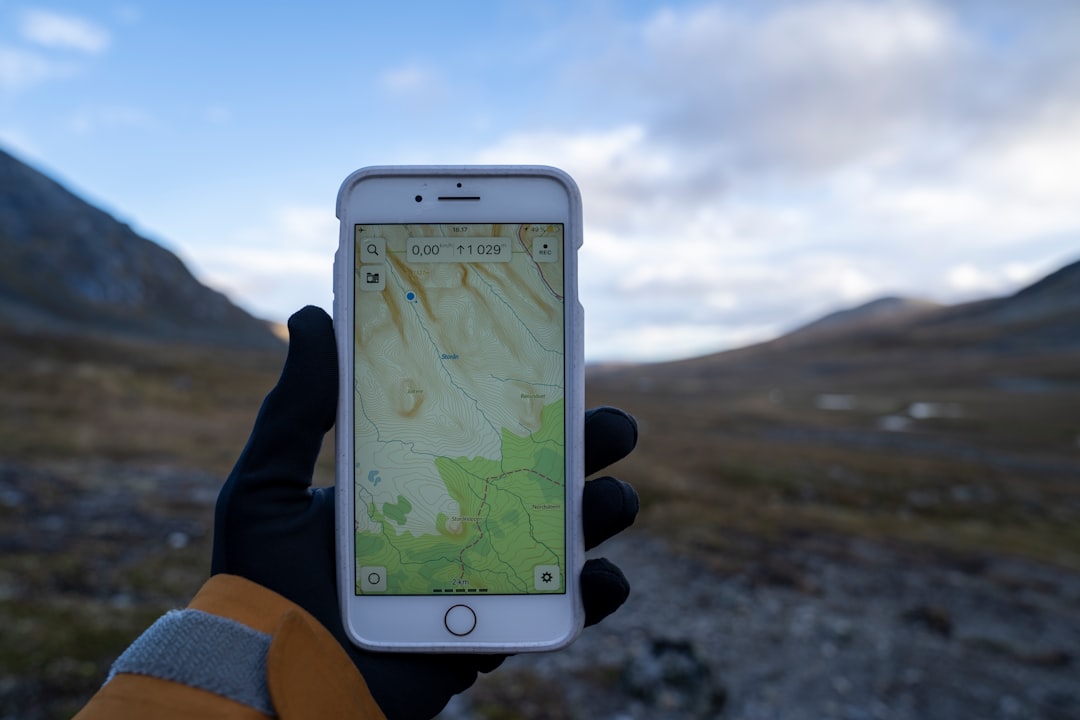Table of Contents
Digital maps have become an integral part of daily life. Whether you’re navigating to a new restaurant, commuting to work, or planning a vacation, apps like Google Maps offer remarkable convenience. However, in recent years, concerns about digital privacy have become more pronounced. Google Maps, while feature-rich, collects significant amounts of user data—from location history to personalized recommendations based on your travel behavior. This data is often stored indefinitely and may be shared with third parties for advertising and analytics. For privacy-conscious users, this poses a critical issue.
Fortunately, there are several trustworthy alternatives to Google Maps that respect user privacy without sacrificing functionality. Below, we explore some of the most noteworthy options, highlighting their features, privacy policies, and performance to help you make an informed decision.
Why Google Maps Raises Privacy Concerns
Before diving into the alternatives, it’s important to understand why users may want to move away from Google Maps:
- Location Tracking: Google Maps tracks your movements even when the app is not in use, unless you explicitly disable location history.
- Data Storage: Location data and searches are linked to your Google account and stored in the cloud for indefinite periods.
- Advertising Integration: Google uses your data to serve targeted ads, both within the app and across its platforms.
For those seeking more control over personal information, these privacy-centric alternatives are worth considering.
1. OpenStreetMap (OSM)
OpenStreetMap is a collaborative mapping platform that functions similarly to Wikipedia: it is maintained and updated by a community of contributors worldwide. Although OSM itself is just the raw mapping data, many developers have created user-friendly apps that use this data while focusing on privacy.
Privacy Features:
- Does not track or store personal location history
- No user accounts are required
- Data is crowd-sourced and not monetized
Notable Apps Using OSM:
- OsmAnd: Offers offline maps, GPS tracking, and custom routes. It does not connect to external servers unnecessarily.
- Organic Maps: Developed by former Maps.me contributors, it is entirely open-source and free from ads and tracking.

2. Maps.me
Maps.me is another solid app that utilizes OpenStreetMap data. It offers offline functionality, turn-by-turn navigation, and points of interest. Although its earlier versions were more privacy-friendly, recent updates warrant careful scrutiny due to possible data collection practices introduced by new ownership.
Privacy Features:
- Offline maps available (limiting contacts with external servers)
- No account needed for basic functionality
Limitations: Users should thoroughly investigate app permissions and consider using an older APK version or opt for a fork if available, due to suspected telemetry in current versions.
3. Organic Maps
Organic Maps is gaining traction as one of the most genuinely private mapping apps on the market. It is completely open-source and based on the same code as early versions of Maps.me, before the app changed its privacy policy. With no ads, trackers, or analytics tools, Organic Maps gives you a seamless navigation experience with peace of mind.
Privacy Features:
- No data sent to central servers
- Full functionality offline, including search and routing
- No in-app advertisements or behavior tracking
Best For: Travelers and outdoor enthusiasts who require offline maps and excellent battery optimization.

4. HERE WeGo
HERE WeGo is developed by HERE Technologies, a company initially founded by Nokia. The app has been praised for offering robust navigation features comparable to Google Maps, including city transit information, voice-guided driving directions, and offline maps.
Privacy Features:
- Maps and navigation functions work offline
- Location data can be managed locally on the device
- Clear and accessible privacy policy
While HERE Technologies does collect some data, it claims not to sell it, and users can opt out of certain tracking features directly within the app settings.
5. Sygic
Sygic is a feature-rich GPS navigation app that caters to drivers with offline functionality, real-time traffic updates, and even dashcam support. Based out of Slovakia, Sygic promotes itself as a privacy-focused alternative to more mainstream mapping apps.
Privacy Features:
- Maps are downloaded and stored locally
- Navigation works without requiring data connectivity
- European data protection laws apply (GDPR-compliant)
While some online features may collect limited data, Sygic offers a transparent policy and does not share data with advertisers.
6. Apple Maps (For iOS Users)
While not open-source, Apple Maps is considerably more privacy-conscious than Google Maps. Apple uses techniques like differential privacy and on-device processing to ensure that personal data stays secure.
Privacy Features:
- Does not store search and location history tied to Apple ID
- Minimal reliance on external servers
- Encrypts data in transit and at rest
Its accuracy and user interface have improved drastically in recent years, making it a viable default for iPhone, iPad, and Mac users who value privacy.
7. Navit
Navit is an open-source navigation system designed for offline use. While its interface and usability need refinement compared to commercial apps, it stands out for users who prioritize open software and privacy above all else.
Privacy Features:
- No tracking or ads
- Fully functional offline
- Community-driven development
Navit is best suited for tech-savvy users comfortable with customizing software and enhancing features through plugins or configuration.
The Importance of Open-Source and Transparency
One significant factor to consider when evaluating mapping alternatives is open-source transparency. Applications with open-source code offer users and security researchers an opportunity to audit privacy protections and verify that no hidden data collection is occurring. Closed-source apps, even if they claim to be privacy-preserving, offer limited trust without the ability for outsiders to examine their inner workings.

How to Choose the Right Privacy-Focused GPS App
Choosing the right mapping app depends on your specific needs and technology preferences. Here are a few guiding questions to help you decide:
- Do you need offline functionality? If so, OsmAnd or Organic Maps are strong choices.
- Are you looking for a driving-focused navigation tool? Sygic or HERE WeGo may suit you better.
- Are you technically inclined and want full transparency? Go with completely open-source options like Navit or Organic Maps.
- Do you already use an iPhone or MacBook? Apple Maps could be an easy, integrated choice with solid privacy measures.
Final Thoughts
In a digital world increasingly driven by data monetization, protecting your location privacy is not just a preference—it is a necessity. While Google Maps remains unmatched in certain areas like real-time updates and business integration, the trade-off comes at the cost of comprehensive user profiling. For those who seek an alternative that respects anonymity and limits data exposure, there is no shortage of reliable and secure map apps available today.
As with all technology decisions, the best choice depends on balancing convenience with your personal values regarding privacy. Fortunately, the landscape of privacy-focused mapping tools is evolving, offering users more control and transparency than ever before.

